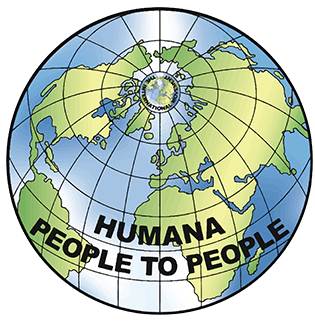DAPP in a Joint Distribution of Return Packages
Led by the Malawi Red Cross Society, DAPP Malawi and the Kuwait Red Crescent Society (KRCS) joined hands in the donation of relief items to internally displaced families in Traditional Authorities Ndamera and Lundu in Nsanje and Chikwawa districts respectively.
The exercises took place from 18 to 19 June 2019 at Nyachilenda Transitioning Shelters centre in Ndamera, Nsanje and Matelekera Camp in Nchalo, Chikwawa.
Targeting to reach over 500 families, the donation included clothes, food items, soap, plastic roofing papers, cooking utensils and farming tools like hoes.
KRCS made a monetary donation of 100,000 thousand US dollars which was used to purchase some of the items donated in the two camps
On the other hand, DAPP Malawi received a donation of clothes from one of its development partners, Sympany of Netherlands, to be distributed to the people affected by floods in the country.
Sympany donated 30 tonnes of second-hand clothes valued at 13 million Malawi kwacha to DAPP Malawi which is expected to be distributed to the beneficiaries through the Department of Disasters in the Ministry of Homeland and Security.
Speaking during the event, the Secretary General for Malawi Red Cross Society McBain Kanongodza extended his gratitude emphasising that the donations will go a long way in reaching out to the people that were affected and traumatised during the devastating floods.
He added that since the communities are resettling, the return packages will enable the families to have starter packs in the running of their day to day household activities.
The District Commissioner for Nsanje district Mr Michael Chimbalanga called on other Civil Society Organisations to emulate the examples set by other organisations and join hands to reach out to the people who were left homeless.
Sympany of Netherlands is a development partner that has worked with DAPP Malawi for close to five years, supporting programs in vocational training and agriculture.
The Malawi Red Cross Society is with funding from DFID of UK construct transitioning shelters for the families that were affected to resettle in upper lands which are not prone to floods.





